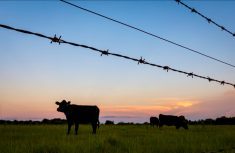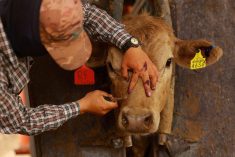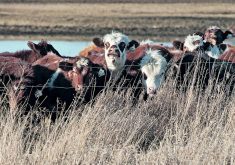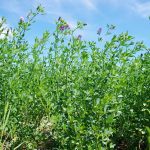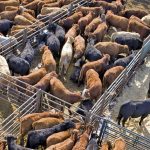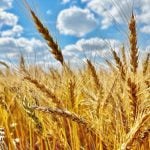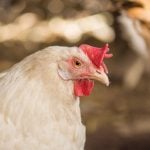The Philippines has lifted the temporary suspension on imports of Canadian beef it imposed after the discovery of Canada’s first case of BSE in six years.
Manila had announced its temporary ban following the confirmation in mid-December of atypical BSE (bovine spongiform encephalopathy) in a beef cow in central Alberta. Korea imposed and later lifted a similar ban, while China’s similar import suspension remains in place.
Read Also
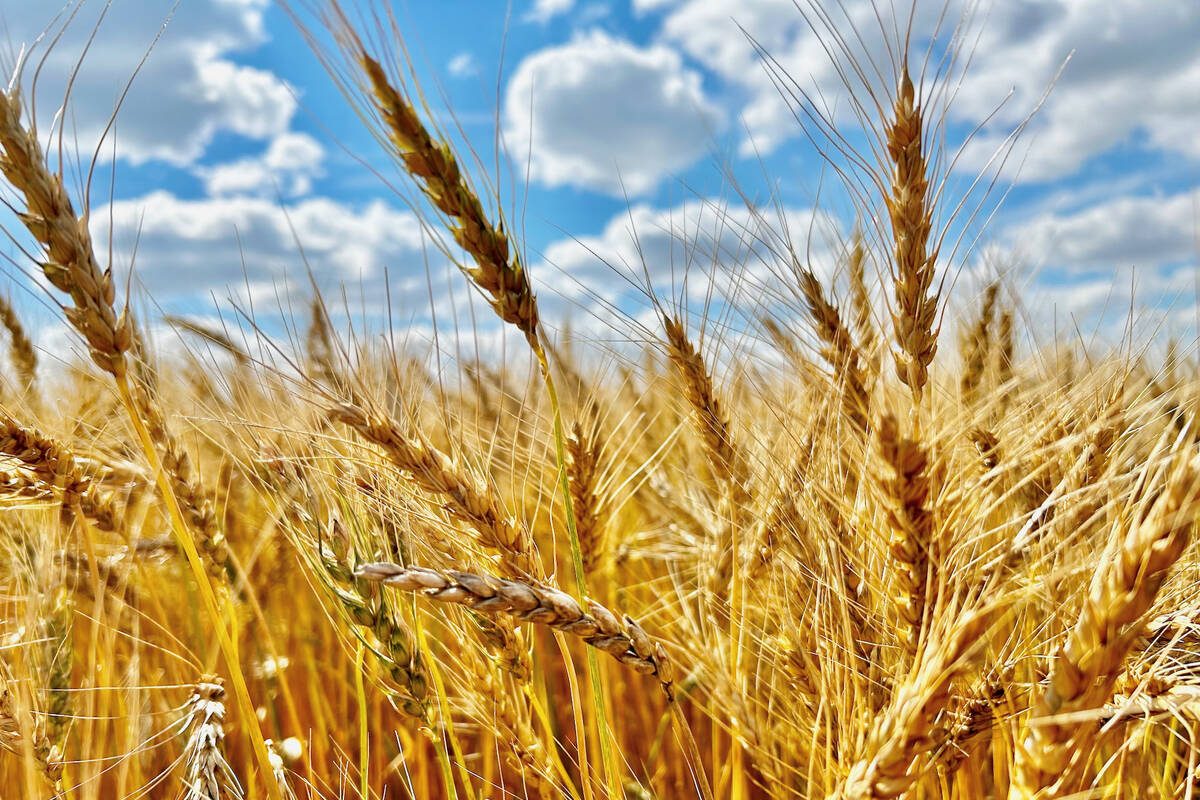
Expana lifts EU cereal forecasts, maize exceeds expectations
Expana has raised its monthly grain production forecast for European Union crops for the 2025/26 season, projecting soft wheat output will hit a record high and barley a 17-year high.
Federal Agriculture Minister Marie-Claude Bibeau announced the Philippines’ decision Saturday on Twitter, describing it as “great news for livestock producers and their high-quality beef.”
The Canadian Cattlemen’s Association later tweeted it’s “appreciative of the collaborative efforts to make this happen. Growing and maintaining access to diverse markets remains our top trade priority.”
According to export development agency Canada Beef, as of last March the Philippines was ranked as the 12th biggest importer of Canadian beef by volume and 13th by value.
For the first three quarters of 2021, Canada Beef put Canadian beef exports to the Philippines at 4,467 tonnes, with a value of $12.6 million.
“Atypical” BSE refers to a form of the brain-wasting bovine disease that occurs naturally and spontaneously in cattle and is expected to occur at extremely low levels in all cattle populations worldwide, regardless of any BSE control measures in place.
Atypical BSE has never been reported to transmit to people — unlike “classical” BSE, which caused 17 of the 20 BSE cases confirmed in domestic Canadian cattle between 2003 and 2015 and is caused by consumption of feed contaminated with BSE-infected materials.
Canada last May was upgraded from “controlled risk” to “negligible risk” for BSE at the World Organization for Animal Health (OIE). That designation, meant to provide assurance to importing nations of an exporting nation’s beef safety, remains in place. — Glacier FarmMedia Network





